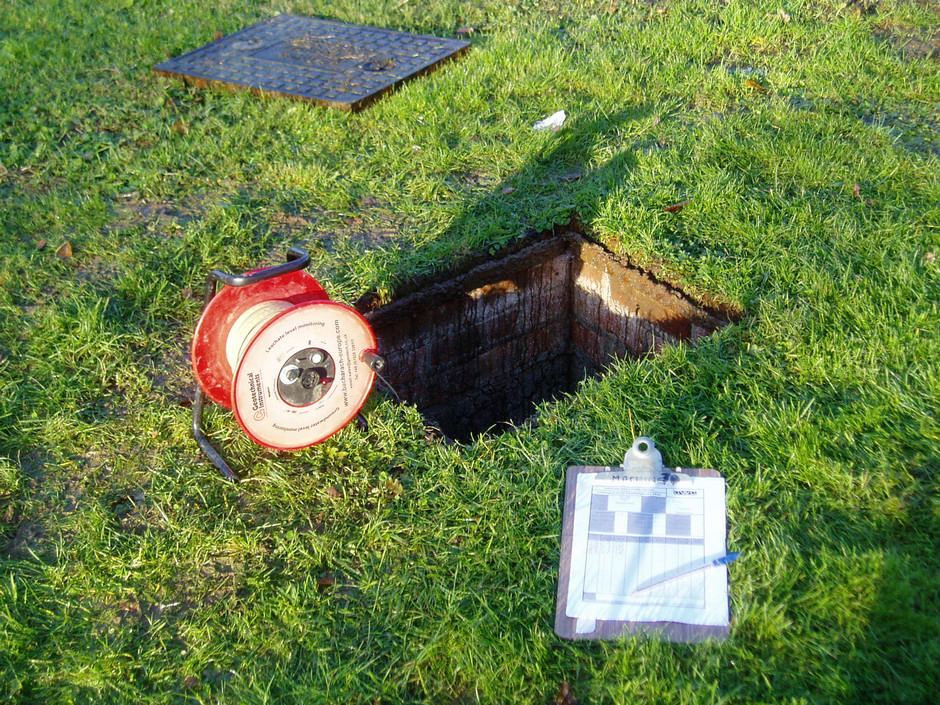01209 202 409
Services / Percolation
Geotest offer percolation testing for a range of requirements.
Percolation testing is carried out using a range of techniques, each particularly suited to a specific end use.
- Percolation Testing for Soakaways – Carried out in accordance with BRE special digest 365, testing is carried out in a trial pit to establish the infiltration rate of establish the type and size of soakaway that will be required on your site. This enables soakaways to be deigned efficiently, reducing the risks of flooding after prolonged rainfall periods.
- Percolation Testing for Field Drains – Carried out in accordance with BS 6297, testing is carried out in shallow trial pits to establish the length of field drains required for a cesspit. This enables the water treatment system and tank capacity to be designed cost effectively. This type of soakaway can also be installed within clayey soils, where other types of soakaway are not possible.
- Surface Infiltration Rate Testing – Surface infiltration rate testing enables vertical infiltration at ground surface to be calculated. This provides meaningful data for use in runoff calculations, enabling soakaways to be designed based upon site-specific data rather than textbook values. This has the benefit of allowing soakaways to be constructed to accurate capacities, preventing costly oversized tanks or flooding caused by inadequate storage.
How It Works
Water for larger soakaway tests is provided through a large water bowser, typically an 1800 gallon tractor-towed bowser or 3000 gallon road bowser. Water for smaller tests is provided from 5 gallon drums.
Testing can take anywhere from a few hours to several days depending upon ground conditions.
Geotest use a calibrated electronic deep meter measuring from a fixed datum pint, to monitor water levels, ensuring accuracy.
All Percolation Tests are set up by a fully qualified Geo-Environmental Engineer to ensure that the test is located in the optimum location and that the soil is recorded accurately.
Testing existing soakaway - Kent
Percolation testing being carried out on an old soakaway to assess its suitability for reuse. The site was in Kent, and the project involved the replacement of school buildings. The testing demonstrated that storage and infiltration rates were suitable for re-use and avoided the need for costly new soakaways or a mains storm drainage connection.
Percolation Testing, Cornwall
Percolation testing in a trial pit in Cornwall, to facilitate the design of new storm water soakaways on a housing development near St Ives.
Artesian Groundwater, Cornwall
Artesian ground water on a site in Cornwall, Geotest were monitoring groundwater levels prior to construction of a new industrial development. The high groundwater levels were very significant as the main building was proposed to have a raft foundation, which would be highly susceptible to buoyancy.



